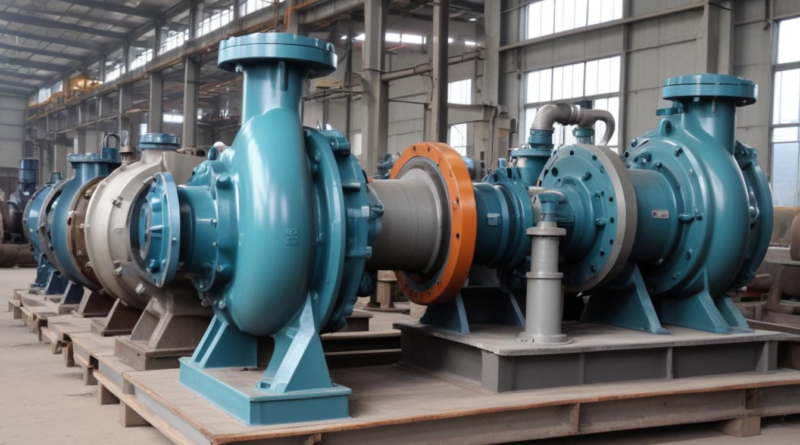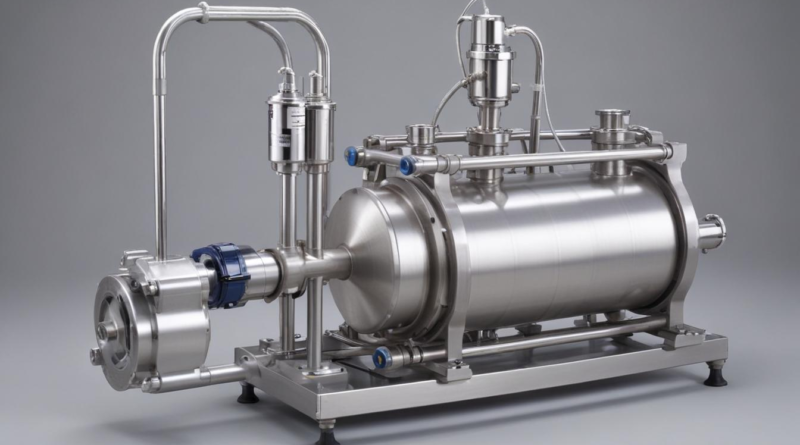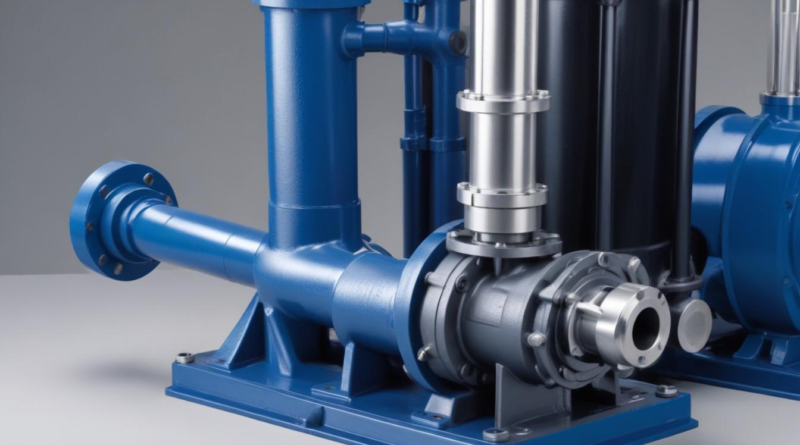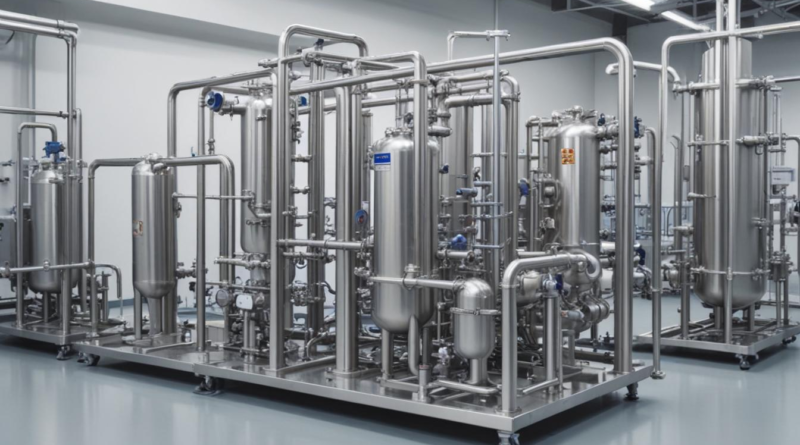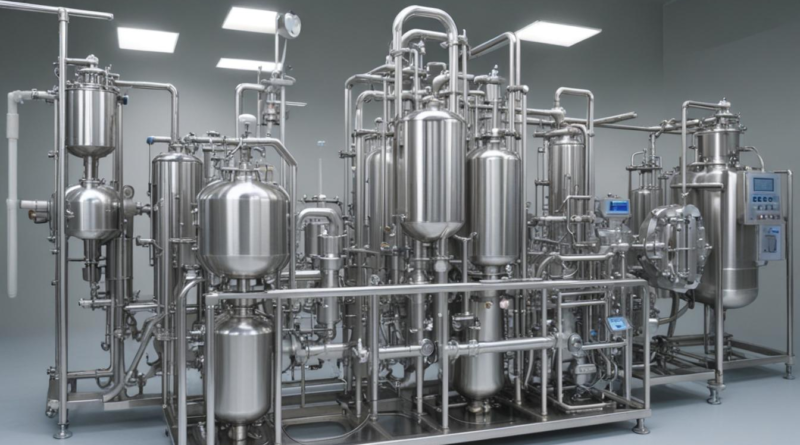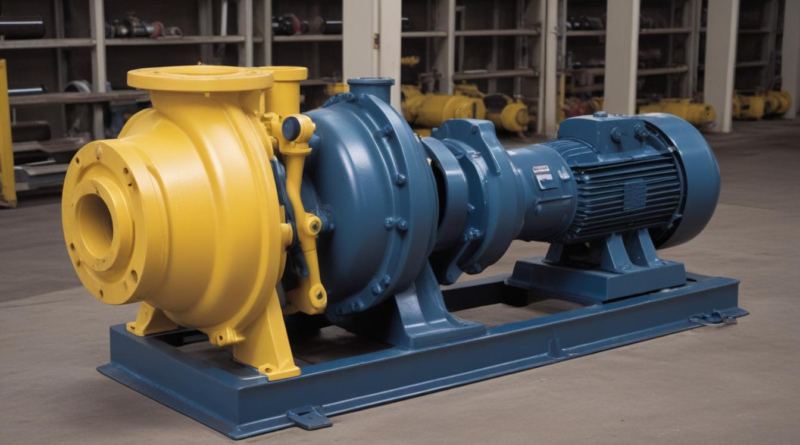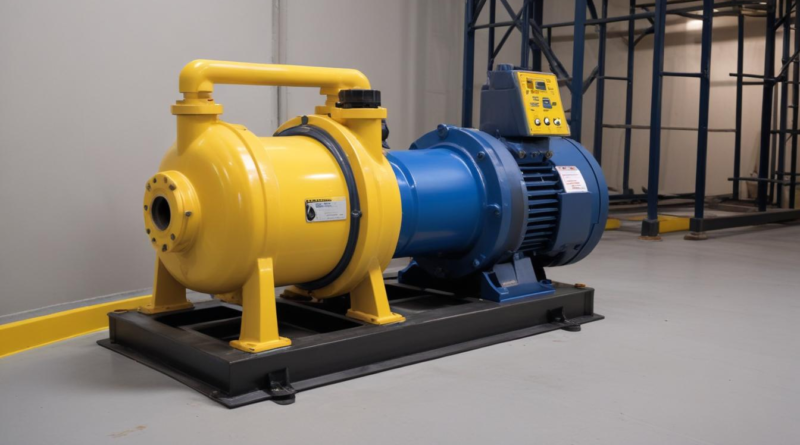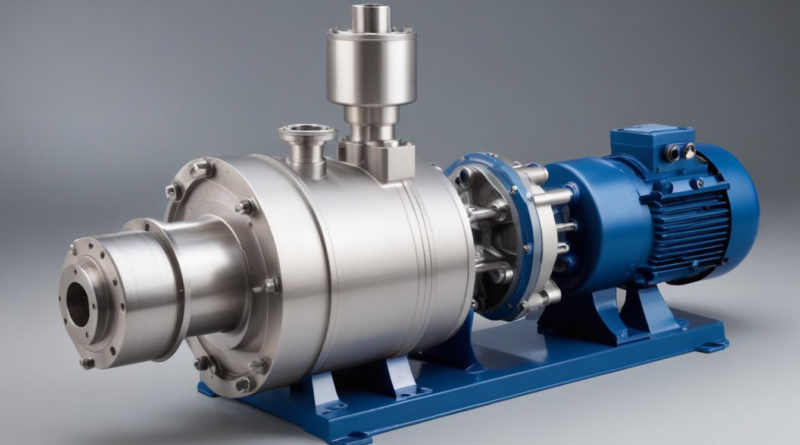how to select materials for pump construction
Selecting the right pump materials requires a thorough understanding of application-specific requirements. Key considerations include fluid properties, operational conditions, and performance standards. By evaluating mechanical, thermal, chemical, and physical characteristics, engineers can ensure pump systems achieve optimal durability and efficiency. Balancing cost, availability, and maintenance needs further enhances long-term reliability and performance.
Read More
